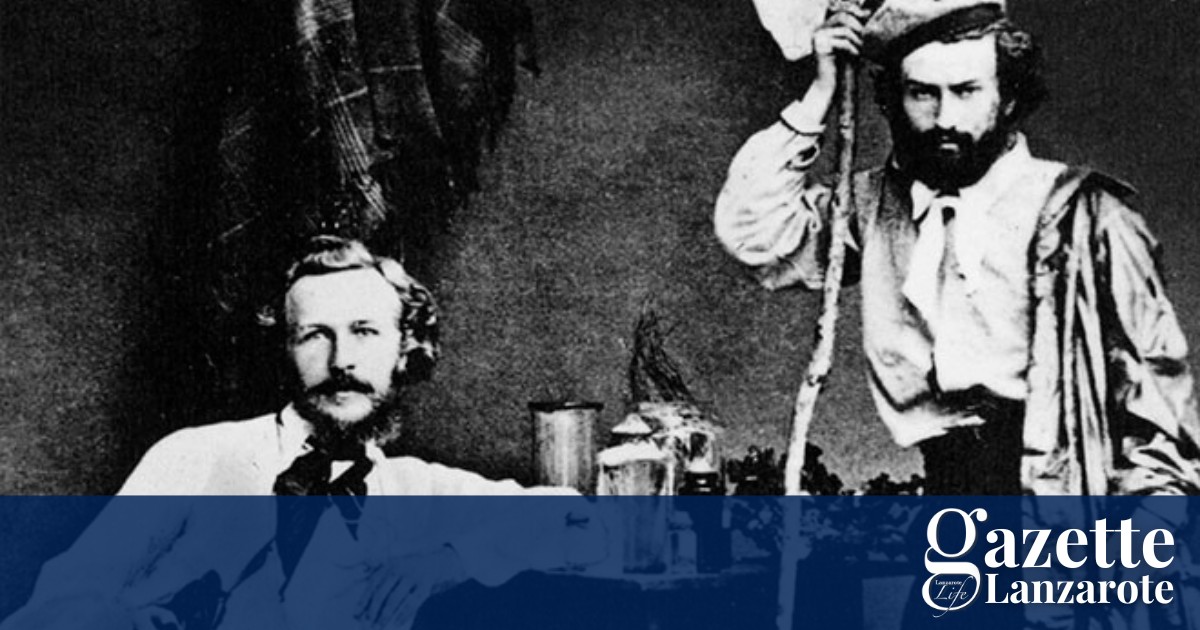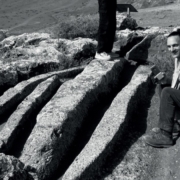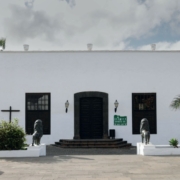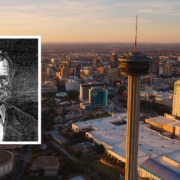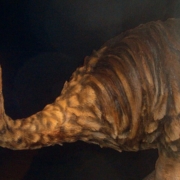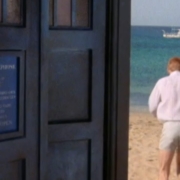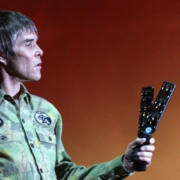Did Lanzarote help to inspire some of the most beautiful art in 20th century Europe, as well as its most infamous ideology? The answer lies in a visit four men made to the island almost 150 years ago.
In early December 1866, the German academic Ernst Haeckel arrived at the port of Arrecife with his assistant and two students. The island had been recommended to him by the French naturalist Sabine Berthelot, who was also the French Consul in Tenerife at the time.
Haeckel was 32, the professor of zoology at the University of Jena. Six years earlier he had read Darwin’s Origin of Species and been so inspired by the theory of natural selection that he would go on to be known as “the German Darwin”. The reason for his visit to Lanzarote was to collect samples of Atlantic marine life for his work on the evolution of simple organisms. Details of the visit are gathered in Marcos Sarmiento’s superb 2013 book The Scientific Expedition of Ernest Haeckel to Lanzarote 1866-1867.
At that time, Arrecife was the poor, remote capital of an island with a population of just 3,000.
During their stay, Haeckel writes that their diet consisted of “fish and fruit – we had to forget about meat”. The scientists suffered annoyance from fleas, insect bites and “small black pigs with red ribbons round their necks which ran freely in the streets.”
Locals were fascinated by their new guests. Their habit of bathing in the sea in the winter evenings was regarded as bizarre. Some suspected they were French spies, others thought they were Prussians seeking to conquer the island.
Ignorant assumptions were also reciprocated. Haeckel described the locals as “like big children, with all the virtues and vices of a European child of 11 or 12 years of age.” It’s an observation that seems light-hearted until you learn that Haeckel was one of the key exponents of 19th century scientific racism and genuinely believed that some races were undeveloped and inferior, requiring the guidance and mastery of superior races.
The scientists hired two fishermen, named Florencio and Juan, to take them out into Arrecife’s bay and the Charco de San Ginés. They focused on the calm slicks that often appear off the coast, where they found a “soup of creatures”, according to Sarmiento, and netted thousands of samples.
They left in March 1867, with a hundred glass jars of preserved samples and reams of notes and sketches of the creatures they had studied. This, and further trips that Haeckel would undertake, formed the basis of Haeckel’s writings on evolution, the role of the embryo and natural symmetry
Five years after his trip to Lanzarote, Haeckel invented a word to describe the study of how living things interact with their environment. That word, “ecology”, is now one of the key concepts in 21st century thought and policy.
Haeckel was also an immensely talented artist – much of his time on Lanzarote was spent sketching and painting – and towards the end of the century he formed a theory, known as monism, that all fields – science, religion, and culture – were interrelated. To illustrate this he produced a book, Art Forms in Nature, that was filled with glorious illustrations of animals.
Artists were immediately inspired by the book, and the Art Nouveau movement often used Haeckel’s drawings of the strange symmetry and wonderful structures of jellyfish and microscopic marine creatures as a source of inspiration.
However, not all of Haeckel’s legacy is positive. It has also been claimed that Haeckel’s work contributed to Nazi theories of racial hygiene. Haeckel was no Nazi – the party did not exist when he died in 1919, and the Nazis distanced themselves from many of his beliefs. But, like many early Darwinists, he believed in eugenics and “racial hygiene”. He proposed the euthanasia of “abnormal children and sickly adults” and was a supporter of racial superiority throughout his life. These theories would later be used to underpin Nazi ideology, with up to 300,000 people exterminated in German psychiatric hospitals from 1939 to 456.
In 2019, one hundred years after his death, the German Zoological Society issued a statement distancing itself from Haeckel’s racism and declaring that there was no biological justification for using the word “race” in relation to human beings.


